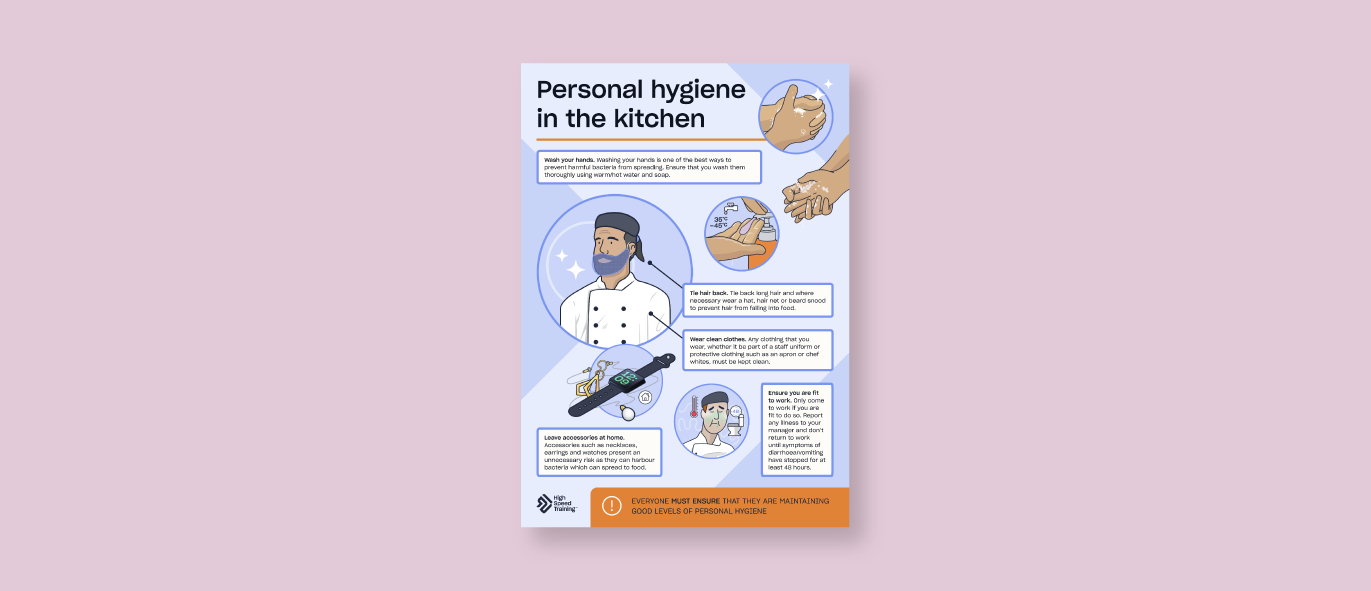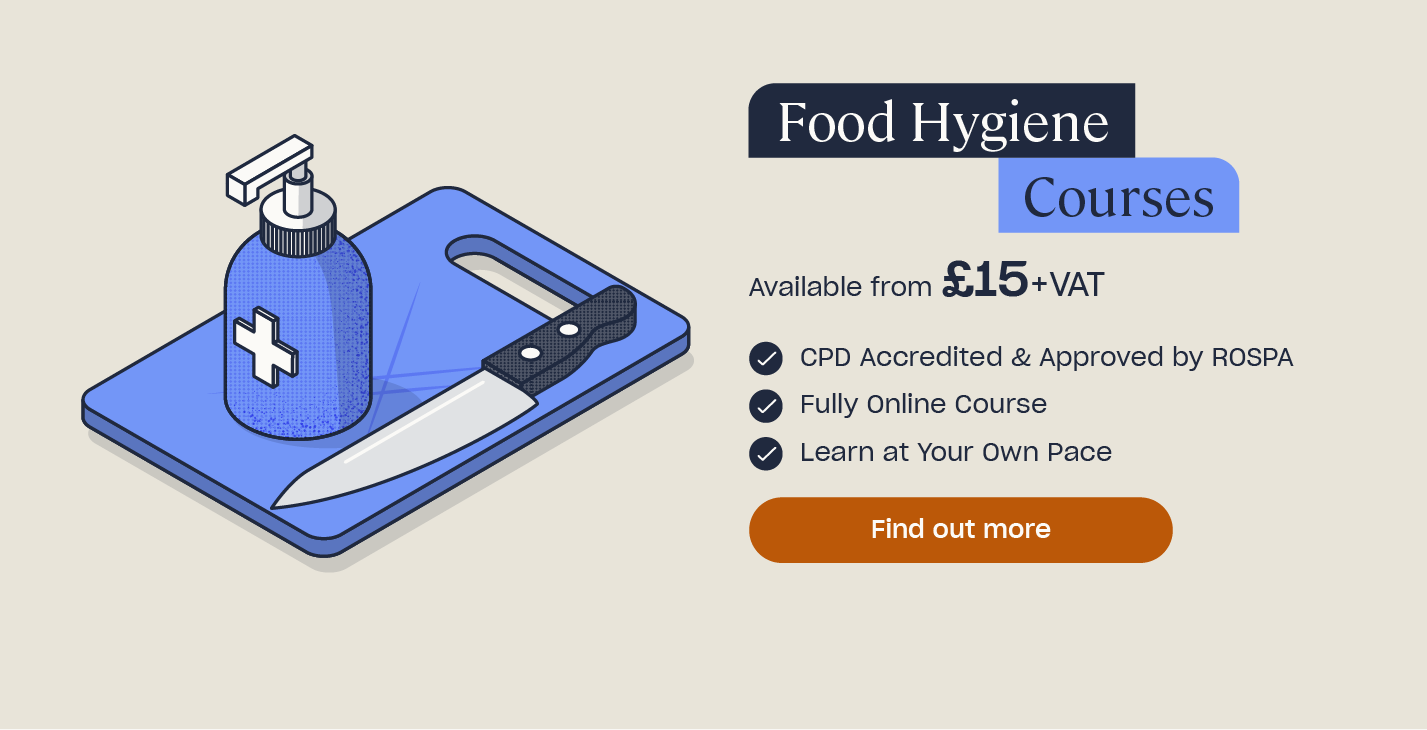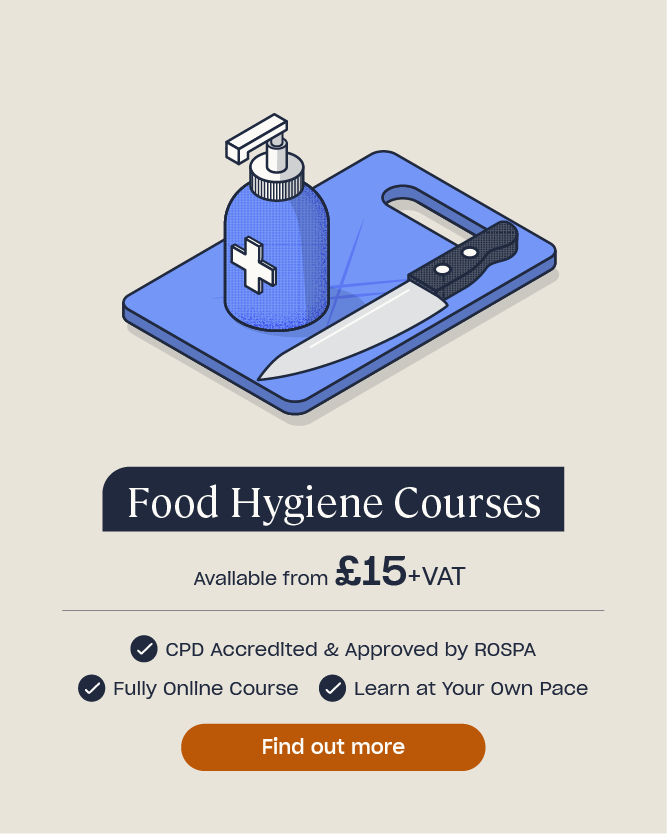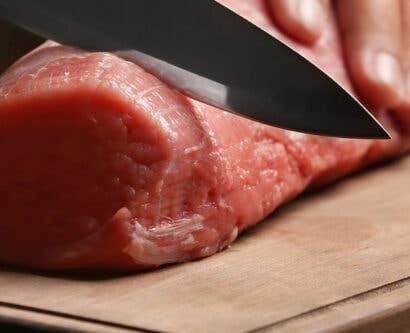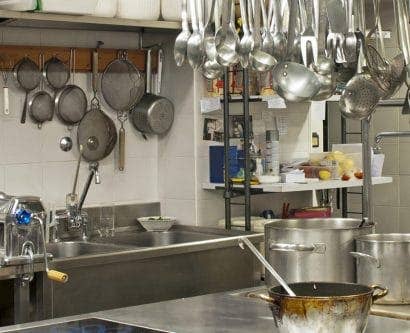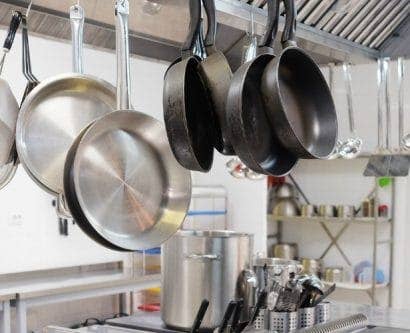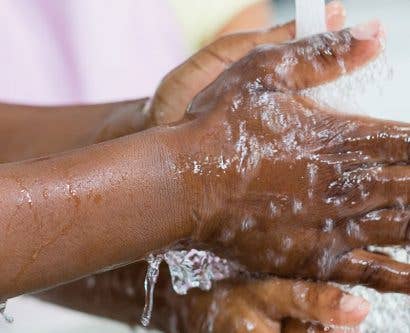Personal Hygiene in the Kitchen: Free Poster
Personal hygiene is a vital part of food safety and its importance can’t be overstated. Poor personal hygiene can undermine other aspects of food safety management, increasing the risk of contamination and the spread of harmful bacteria. Everyone who works with food, regardless of the capacity, must ensure that they are maintaining good levels of personal hygiene.
In this article we will outline why personal hygiene is so important to food safety and discuss some personal hygiene rules that you should implement in your kitchen. We will also provide a free downloadable poster showcasing these rules, that you can print and display in your kitchen.
Why is Personal Hygiene in Food Safety Important?
Personal hygiene in the kitchen refers to personal cleanliness and health. To keep food safe, everyone working in a food handling area must maintain a high level of personal hygiene. Good personal hygiene is therefore important as it bolsters food safety practices and helps to further promote a culture of food safety. Poor personal hygiene can lead to contamination and the spread of harmful bacteria. For example, if a member of staff fails to wash their hands before handling food, they are likely to spread harmful germs from their hands onto any food they handle. Equally, staff with long hair or beards who do not tie back their hair or wear hairnets, risk contaminating food with their hair, which may go unnoticed till an unsuspecting customer pulls a long hair from the middle of their dish.
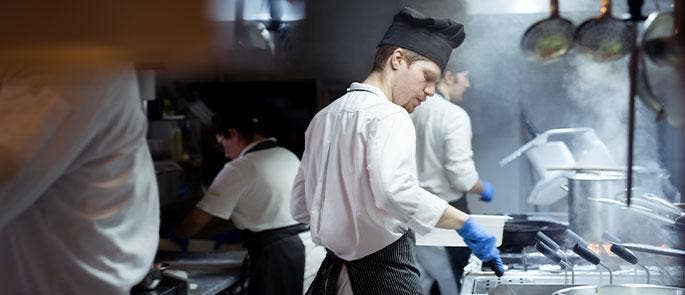
Personal hygiene includes a person’s fitness to work. If a member of staff is sick it’s vital that you assess their fitness to work before letting them continue their shift and handle food. Staff who are not fit to work could spread harmful bacteria or viruses to food if they are suffering from an illness or disease. It’s not uncommon for staff in any industry to still go to work when they are unwell. Whilst the issue of presenteeism is often rooted in reduced productivity, in the food industry it presents the additional risk of spreading harmful bacteria to the public.
Want to Learn More?
We have a wide range of Food Hygiene Courses that will teach your staff the importance of personal hygiene and their role in keeping food safe. Courses such as Cleaning in Food Premises and Level 2 Food for Catering offer invaluable knowledge on food safety regulations and how to ensure continued compliance.
5 Personal Hygiene Rules in the Kitchen
There are many different aspects of personal hygiene and there may be additional steps that you deem necessary based on your particular business. Nevertheless, there are fundamental elements of personal hygiene that all kitchens should implement as a strong foundation upon which to build good hygiene practices.
5 personal hygiene rules that you should implement in your kitchen are:
- Wash your hands – Staff should always wash their hands thoroughly before handling and preparing food. This is one of the best ways to prevent harmful bacteria from spreading and it’s vital that staff are aware of this expectation. Handwashing is more than just a quick rinse under the tap and staff should follow the 7 steps of handwashing to ensure they effectively reduce the risk of spreading germs.
- Wear clean clothes – Any clothing that you wear, whether it be part of a staff uniform or protective clothing such as an apron or chef whites, must be kept clean. Dirty clothes can spread harmful bacteria just as easily as unwashed hands so it’s vital that all clothing is kept clean. Protective clothing such as gloves, aprons and hairnets help to protect food from any bacteria you may be carrying on your hands and clothes however these are ineffective if they are dirty. Ensure that all clothing worn is clean and regularly washed.
- Tie hair back – Hair is a physical contaminate that can easily fall into food. The risk of this can be avoided by tying back long hair or wearing a hat or hair net to prevent hair from falling into food. Even if your hair is clean, it poses a risk and can contaminate food; not to mention, no one enjoys pulling hair from a burger they’ve just taken a massive bite from. Hair from beards can also pose a contamination risk so beard nets/snoods should be worn to reduce this risk.
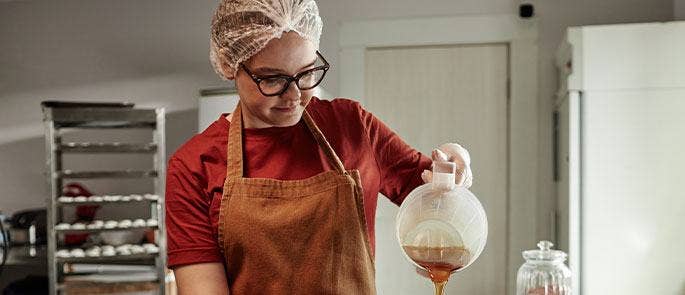
- Leave accessories at home – Necklaces, earrings and watches are all common accessories that people wear to express personal style. However, in the food industry they present an unnecessary risk as they can harbour bacteria which can spread to food. Moreover, they also pose a risk of physical contamination as earring backs and precious stones from necklaces or watch straps can easily fall into any food being handled. The easiest way to avoid this is to leave accessories at home or in a locker at the beginning of the day when getting ready for work. This could also be expanded to include other potential contaminates such as nail polish, perfume and aftershave. Nail polish can easily chip off and fall into food causing physical contamination. Furthermore, the strong fragrance of perfume and aftershave can taint food as it absorbs its fragrance.
- Ensure fitness to work – It’s imperative that staff are fit to work at all times. This means that they must not be suffering from, or carrying, an illness or disease that could compromise food safety. If a member of staff has been sick with diarrhoea and/or vomiting they should report it to their manager immediately and not return to work until their symptoms have stopped for at least 48 hours. Staff should also inform management of any cuts or sores as they can carry harmful bacteria. These must be covered with brightly coloured waterproof dressings/plasters to prevent bacteria from spreading to food. Brightly coloured dressings/plasters are also easier to spot should they fall into food.
Personal Hygiene in the Kitchen Poster
An effective way to ensure that high standards of personal hygiene are maintained is through the use of posters. Posters that display your expectations and the 5 personal hygiene rules that all staff must maintain, serve as visual reminders of their responsibilities and practices that they should be regularly doing. It’s important to prominently display posters in areas that staff will frequently see them, such as in the bathroom, staff room and near sinks.
Below you will find a free downloadable poster that you can print and display to highlight the mandatory personal hygiene practices that all staff must follow.
Personal hygiene underpins all food safety management and poor personal hygiene can render other thorough and robust hygiene practices redundant. By setting clear expectations of what constitutes good personal hygiene and how staff should maintain these standards, you can reduce the risk of spreading harmful bacteria and contaminating food.
Further Resources:
- What is a “Clean As You Go” Policy?
- Promoting a Food Safety Culture: Free Assessment Guide
- Food Hygiene Courses


